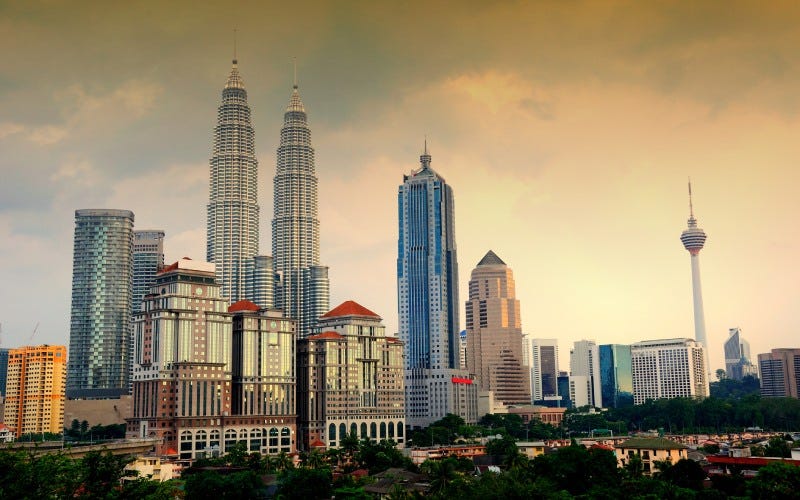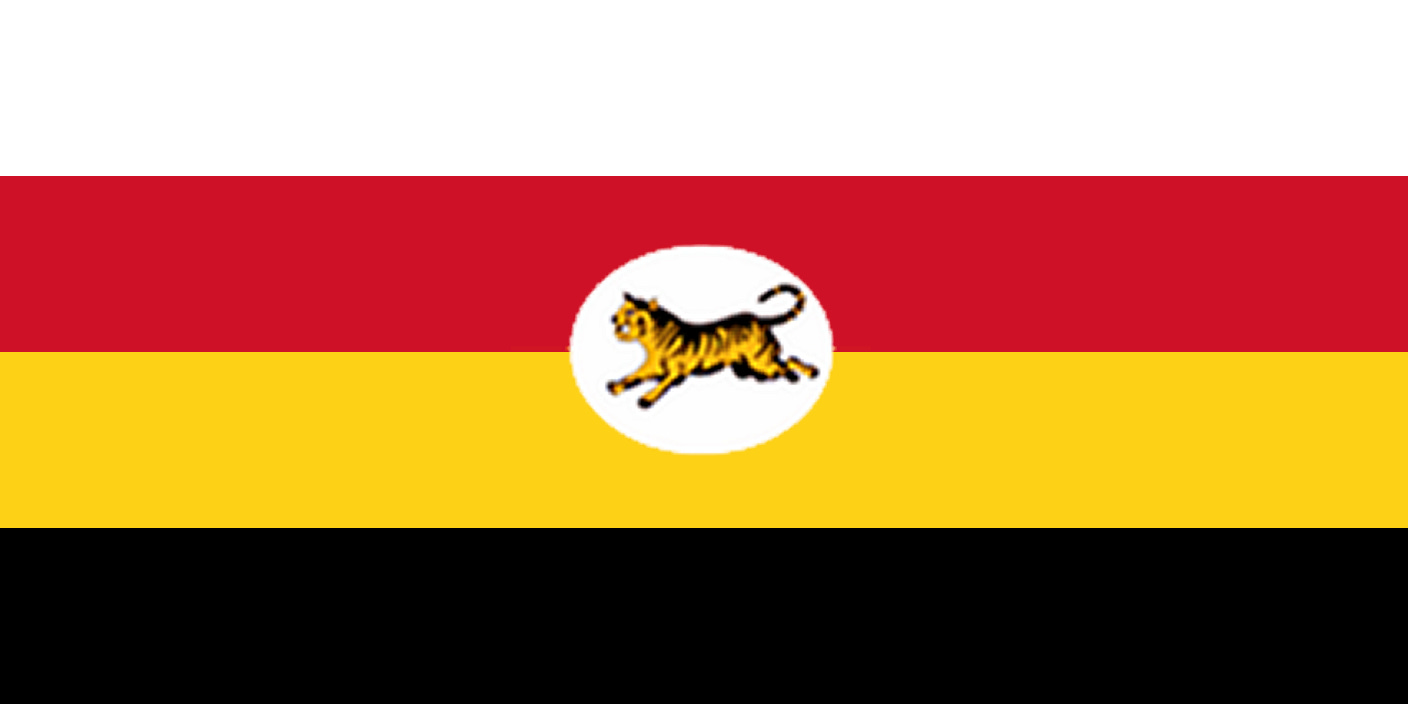Politicians come and go, but the elite are permanent in Malaysia
Too powerful to overcome
Governments do change in Malaysia. Each incoming administration will have its own narratives and specific agendas. However, policies will be generally very similar, and based upon the same principles as the previous government. In and around the executive and administrative government is a network of elite people, who collectively yield massive power. The actors can be seen in GLCs, corporations, royal households, civil servants, the judiciary, police, and within the executive itself. This massive power is however, hidden due to its fragmentation, and unseen influence its membership carries.
The Elite consolidate Malay power
While politicians come and go, the elites are permanent, exercising both formal and informal influence. Together, the elite permeates across all society in all states and territories. There is an established elite in Penang, Sarawak, and Sabah. They act independently and in conjunction with the rest of the nation’s class of elites. Sometimes groups within the elite work together, and sometimes they oppose each other.
The real symbol of elite power
No matter who is in power, the interwoven network of the elite is there. Governments must work in cooperation with these elites, or be seriously undermined. As we can see monopolies and concessions continue to flourish no matter which political grouping is in power. Major contracts are still dished out by direct negotiation, rather than open tender. Annual budgets and five-year plans still deliver ‘crafted opportunities’ to these groups, cementing crony capitalism and kleptocracy in Malaysia as a way of life. No administration will tax the Top 10 percent of income earners in the country.
The power of the prime minister is only as strong as the relationships he carries with sections of the elite.
Networks control corporate Malaysia
Today’s public policy initiatives are implemented through government linked companies (GLCs) and partnerships with corporations. Thus, the running of government is concerned about business deals and contracts to business vehicles owned by the elite. This is why the Malaysian economy is so heavily dependent upon GLCs and crony corporations, which have been granted artificial monopolies.
The only way someone can become a member of this exclusive group is to have strong connections with various stakeholders within the elite class. This is why new entrants strive to find ‘God fathers’ within the GLCs that employ them, and politicians seek to be appointed to agency and GLC boards.
Some powerful people are members of multiple public corporation boards, and also on the boards of agencies and GLCs. Their networking potential is vast, where through informal relationship, much can be achieved to achieve their own ends.
Much of elite networking with the government decision makers of the day, carries massive persuasion. Sometimes this persuasion is too powerful for government decision makers to refuse.
Those activists, journalists, and NGOs who criticise what the elites do is dealt with through lawfare, humiliation through the media and even arrest by the police. Defamation actions are taken to drain the financial resources of activists to make them bankrupt, in order to silence them. Some just disappear all-together.
The privileged elite are generally immune from the law, investigation by the politicised police, and Malaysian Anti-Corruption Commission (MACC). This network controls and defines the law.
The elite live by the creed ‘greed is good’
They look after the interests of their own, using tools like the New Economic Policy (NEP), at the cost of the rest of Malaysians. After 60 years of the NEP most of the most marginalised people in Malaysia are Bumiputeras. The NEP concerns itself with equity within the economy, and not income, so the KPIs are skewed. The primary objective of the elite is to pursue ‘created opportunities’ to make money. This is why the Malaysian economy today is primarily based upon rent-seeking activities and not innovation. The elite take few risks.
There was no indigenous Malaysian vaccine created during the Covid-19 pandemic, even though the government spent great sums of money promoting a biotechnology sector. Rather than local companies gearing up to produce parts for the local production of indigenous electric vehicles (EVs), most are facing financial difficulties and heading towards bankruptcy. These are just two examples of the rent-seeking Malaysian economy today.
All countries have their own elites, where Malaysia is no exception. The elites form a strong component of the nature of the real-politic of the nation.
Subscribe Below:






Malays are very rich. But they don't get their names in the ranking because if they do, then the NEP is bust. So they remain incognito and wield your power behind the scene. Mamak, Daim, and many others are multi billionaires.
Yes..of empires and emperor, kingdoms and kings, countries and ...
https://vt.tiktok.com/ZSFmRtA87/